new jersey tea plant uses
The plant fixes nitrogen through its symbiosis with bacteria. The flowers are a nectar source for hummingbirds butterflies and native bees.
Ceanothus Americanus New Jersey Tea Minnesota Wildflowers
They serve well as ground cover for difficult areas of your backyard since they dont require much care.

. People brewed the root as a tea and used it to treat colds fever pneumonia digestive problems toothaches and urinary tract infections in women. The root of New Jersey tea is astringent. An acidic pH level.
Plants are also used as Butterfly Nectar Plants Butterfly Host Plants or as part of a Grouping or Mass Planting. This plant is native in Canada to Manitoba south to Nebraska Texas and South Carolina. Plants are also used as Butterfly Nectar Plants Butterfly Host Plants or as part of a Grouping or Mass Planting.
Because of its deep root system it is great for use in erosion control on slopes but this also makes it difficult to transplant. It is a small shrub usually less than 3 feet 1 meter tall with tiny white flowers in erect oval clusters. Free Shipping on Qualified Orders.
Drought Drowning and Edema Hardiness Zone. Planted two to three feet apart it forms an attractive low growing hedge and is an excellent choice for rocky hillsides and slopes as well. Low-growing Ceanothus americanus New Jersey Tea is a bushy upright deciduous shrub boasting oval clusters of tiny fragrant white flowers in spring.
A decoction of the bark is used as a skin wash for cancer and venereal sores. This is a good choice for a Wildlife Garden Prairie or Dry Meadow. In fact New Jersey tea shrub care is minimal.
Constituents and medicinal use The red roots and root bark of New Jersey tea are used by Native Americans in North America for infections of the upper respiratory tract. The roots and root bark of New Jersey tea was used extensively by the North American Indians to treat fevers and problems of the mucous membranes such as catarrh and sore throats. New Jersy Tea grows best in well-drained sandy loam or rocky soils in full sun to partial shade.
Also effective as a shrubby ground cover for hard-to-grow areas such as dry rocky slopes and banks. OTHER USES AND VALUES. Deer use the twigs throughout the year as a major food source.
The astringent leaves were used by colonists as a substitute for imported tea during the American Revolution. It is drought tolerant once established and tolerates road salt. New Jersey Tea is a beautiful shrub important for many pollinators and food source for other wildlife.
Plant two to three feet apart to create a low-growing drought-tolerant native hedge. New Jersey Tea Ceanothus americanus features glossy leaves numerous bright white flowers and a mounding shape that make this compact shrub a popular garden member. New Jersey Tea Ceanothus americanus.
Small Medium Large Exposure Light Requirements. 400 High Resolution Herb and Wildflower. New Jersey tea plants will thrive best if located in a spot that boasts full sunlight.
Shrub borders or native plant gardens. Flowers of New Jersey Tea. They have a stimulatory effect on the lymphatic system while an alkaloid in the roots is mildly hypotensive.
The root root bark and leaf of the plant have been used to make medicine. New Jersey Tea Care. The luxuriant glossy leaves and bright white flowers make this durable shrub a real winner.
A great plant for attracting butterflies the dried leaves were used as a tea substitute in the American Revolutionary War times hence the common name New Jersey Tea. 4 - 8 Mature Height. It is sometimes called New Jersey Tea because it was used as a substitute for Tea during the American Revolutionary war.
However if being grown in an area that is especially. It is an especially good landscape plant because of its hardiness and exceptional flowering habits that have a. Billows of delicate white flowers form at the end of young branches in May and June.
New Jersey Tea Ceonothus americanus plant is excellent for attracting hummingbirds. Thats because New Jersey tea shrubs are low maintenance plants that tolerate drought and thrive in dry soil shallow soil and rocky soil. The plant is used internally in the treatment of bronchial complaints including asthma and whooping cough dysentery sore throats tonsillitis hemorrhoids etc.
The leaves were used as a substitute for imported tea during the American Revolution 435. New Jersey tea Ceanothus americanus is a plant. Current day usage of the roots concentrates on their astringent expectorant and antispasmodic actions and they are employed in the treatment of complaints such as asthma bronchitis and coughs.
Thick woody red roots go deep and help plant withstand droughty conditions but make established shrubs difficult to transplant. Was a substitute for tea during the American revolution. Ad Compare Prices Read Reviews.
The roots and root bark of New Jersey tea was used extensively by the North American Indians to treat fevers and problems of the mucous membranes such as catarrh and sore throats254. The plant is also sold commercially by many native plant nurseries to plant in. For best results plant your New Jersey tea in a soil mixture that is sandy loamy and well-draining.
Clusters of small black fruit form in July and August. Lasting over a moderately extended period they rise from the leaf axils at the end of the new shoots. Current day usage of the roots concentrates on their astringent expectorant and antispasmodic actions and they are employed in the treatment of complaints such as asthma bronchitis and.
A low-growing compact shrub thats excellent for hot dry sites. The leaves have a fresh scent of wintergreen and were later utilized by the European colonizers as a tea substitute and stimulating caffeine -free beverage. Dried caffeine free leaves when boiled a few minutes make a tea.
An alkaloid from the root has been used for increasing blood coagulability especially for the prevention of hemorrhage from surgery. Full Shade Full Sun Partial SunShade Pests and Problems.

New Jersey Tea Ceanothus Americanus Prairie Nursery

Ceanothus Americanus New Jersey Tea

Ceanothus Americanus Mountain Snowbell New Jersey Tea North Carolina Extension Gardener Plant Toolbox

New Jersey Tea Ceanothus Americanus 3 Pack Of Pots Blazing Star Gardens
Ceanothus Americanus New Jersey Tea Minnesota Wildflowers

Ceanothus Americanus New Jersey Redroot New Jersey Tea Go Botany
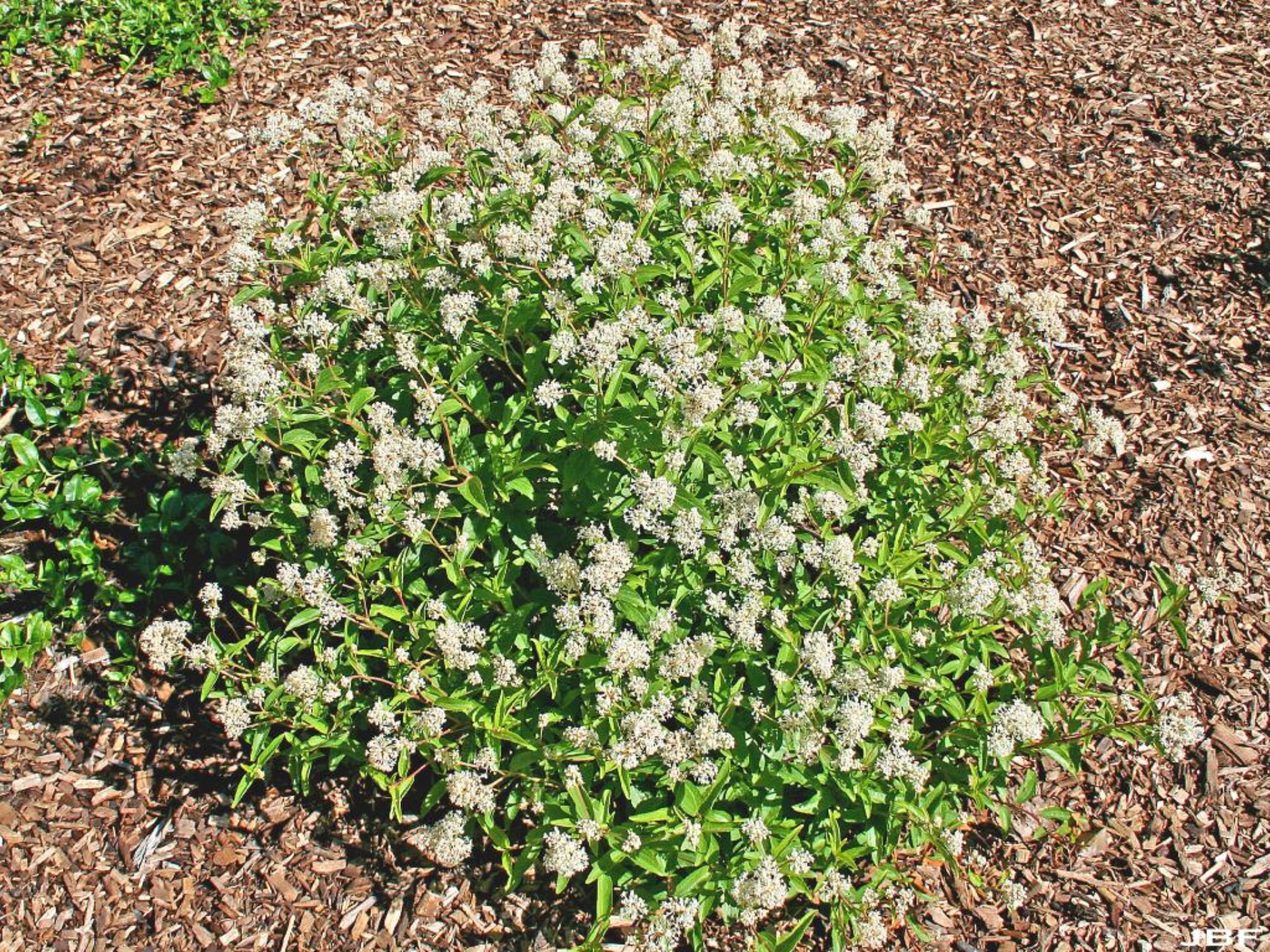
New Jersey Tea The Morton Arboretum

New Jersey Tea Ceanothus Americanus 3 Pack Of Pots Blazing Star Gardens
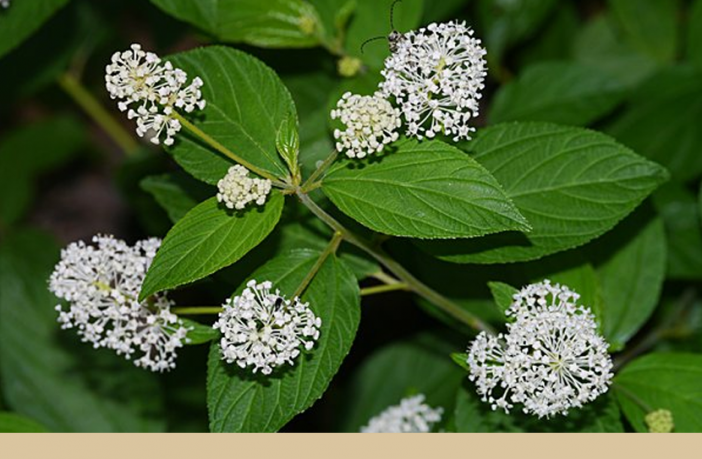
New Jersey Tea Red Root Facts And Health Benefits
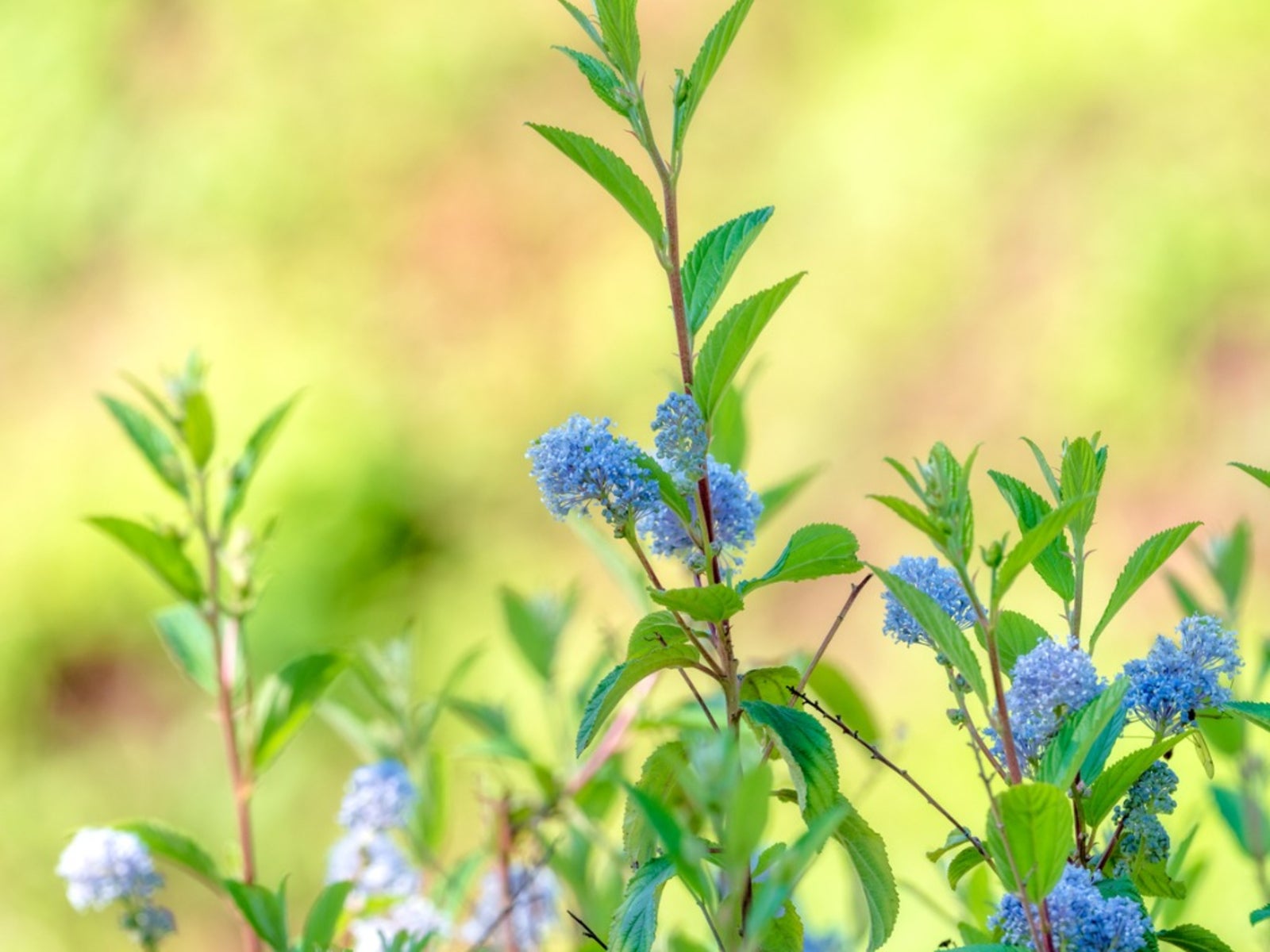
What Is A New Jersey Tea Plant Guide To New Jersey Tea Shrub Care

Wildflower Of The Year 2019 New Jersey Tea Ceanothus Americanus Virginia Native Plant Society
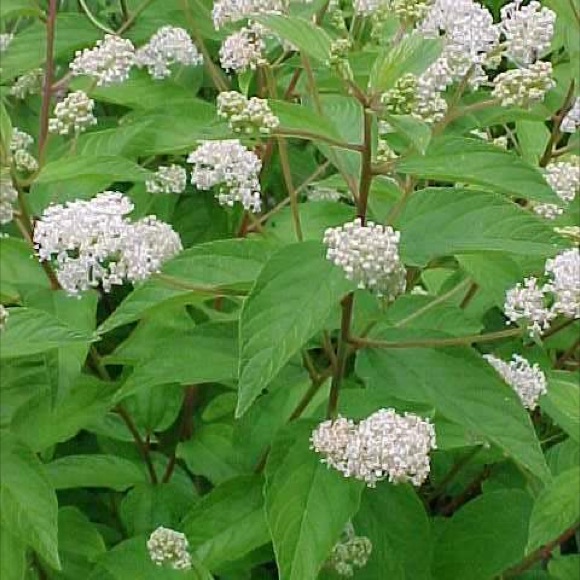
New Jersey Tea Eat The Weeds And Other Things Too
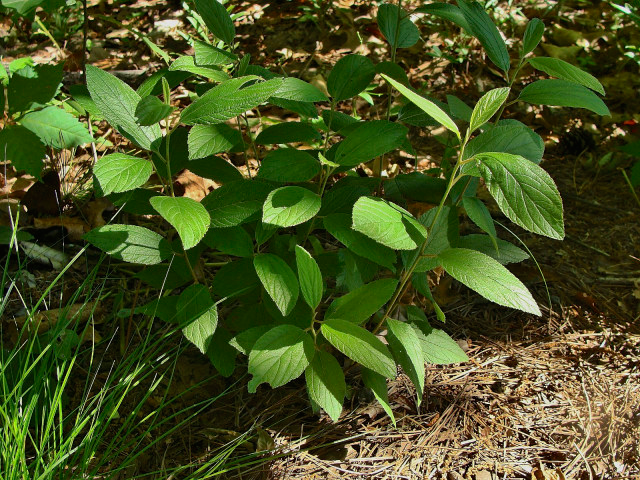
New Jersey Tea Red Root Facts And Health Benefits
Ceanothus Americanus New Jersey Tea From New Moon Nurseries

Growing Native New Jersey Tea Ceanothus Americanus Melinda Myers
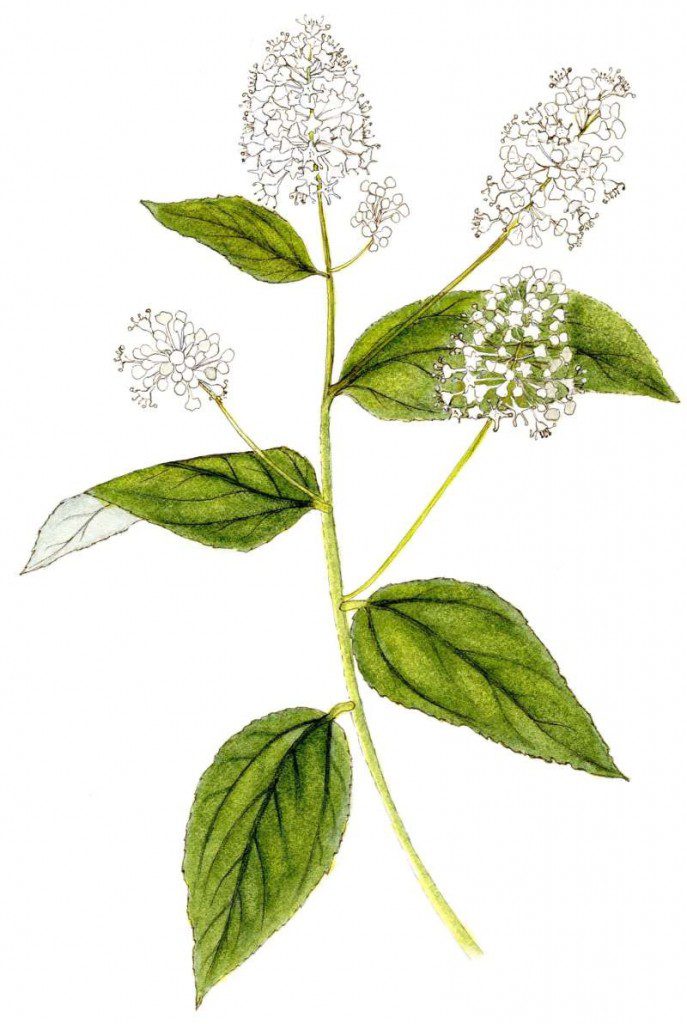
Wildflower Of The Year 2019 New Jersey Tea Ceanothus Americanus Virginia Native Plant Society

Ceanothus Americanus Mountain Snowbell New Jersey Tea North Carolina Extension Gardener Plant Toolbox
